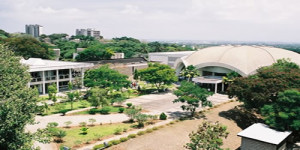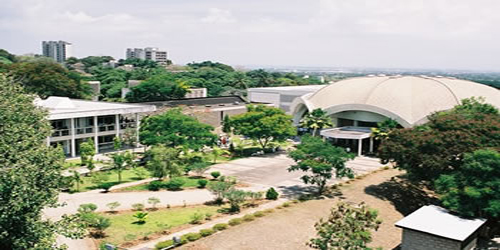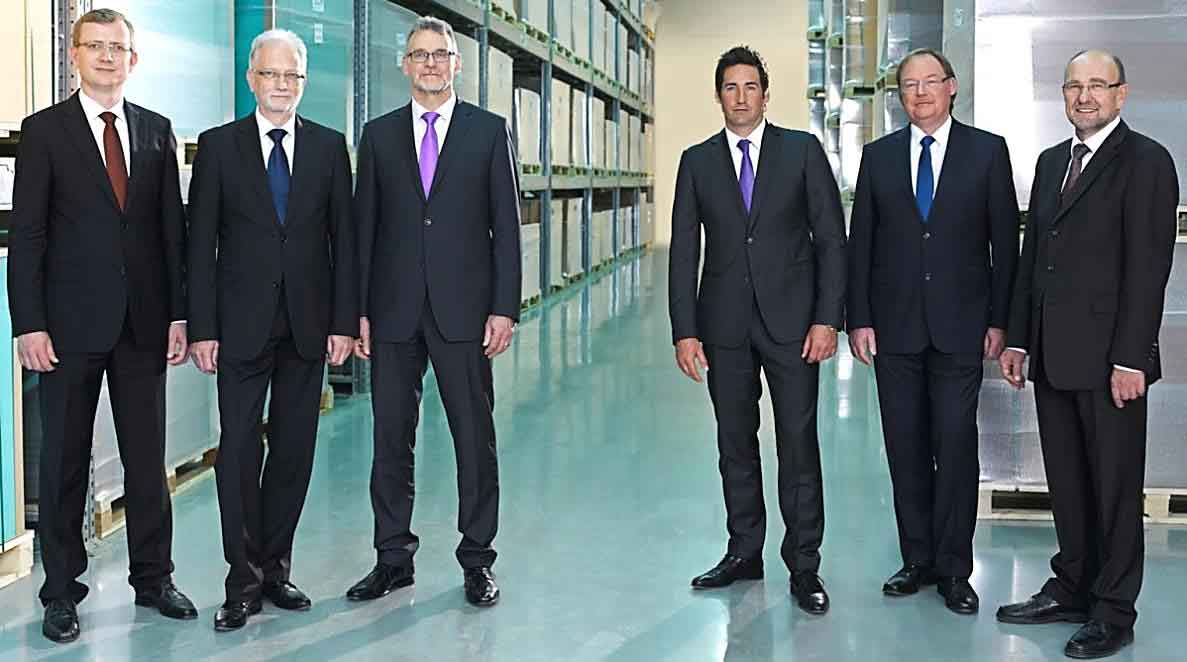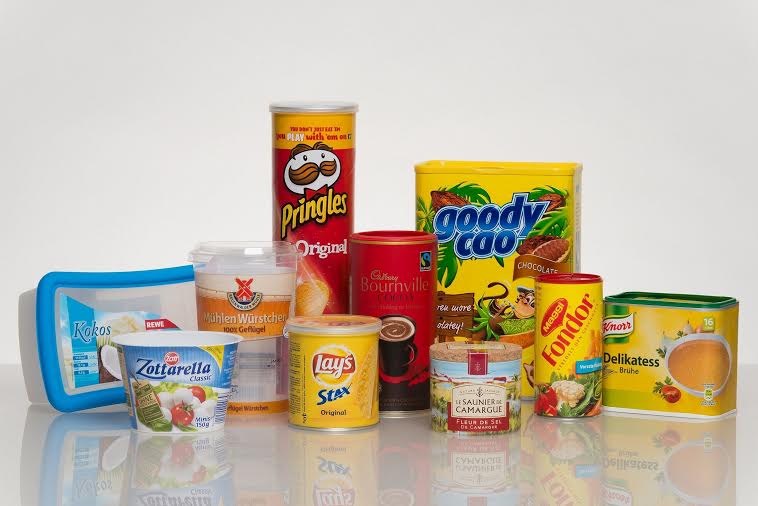The public needs not to worry about the many plastic bags that continue to pollute the country especially urban areas, thanks to a Japanese method that has been adopted by local engineers that will use plastic bags to produce oil lubricants. Researchers at the College of Engineering and Technology of the University of Dar es salaam (UDSM) said recently that the development of a Japanese machine model technology is likely to create scores of job opportunities in the country.
Dr Matheo Raphael, a senior lecturer at the Department of Chemical and Mining Engineering told the Guardian on Sunday that his team had found a way to create several useful products from ordinary shopping plastic bags that are polluting the country’s environment.

“City residents have now a reason to smile because plastic bags can now be converted into oil and other petroleum lubricants. You can get 450 gram of oil after recycling one kilogram of thin plastic bag, meaning a lot of job opportunities for city dwellers will be created,” Dr Raphael said. He said under the project titled ‘conversion of waste thin plastic bags into useful products’ the intention is to bring a huge impact to the community especially to city dwellers.
He also noted that the project will tend to focus much on environmental conservation aspect by tackling a pollution problem caused by plastic bottles in major urban areas. “Plastic bags are used by the majority of the people in the country for various reasons, and recycling them would mean reducing pollution to the cities environment as well as waste to the large extent,” he said.
He said that this innovation came through an inquiry from Japan, that plastic bags are made from oil and so it should be possible to convert these same items back to their original form. “We were looking at experiences from Japan which was the first to invest in such an invention and how it is applied before bringing the technology to be applied in Tanzania,” he said.
The invention is a cheap non-polluting, fully contained process that heats up the plastic bag, and then brings out oil. The city of Dar es Salaam is said to be producing around 1,200 tons of solid plastic waste daily, according to the Solid Waste Management Report of 2011. The United Nations Environmental Programme (UNEP) (Division of Technology, Industry and Economics) says the world’s annual consumption of plastic materials has rapidly increased, reaching upwards of one trillion tons annually due to urbanization.
However, an environmentalist at the College of Engineering of the University of Dar es Salaam, Mary Kayombo said recycling plastics was important because they don’t biodegrade. Bulky and plentiful plastic materials either continue to fill up landfills or wind up in streams, oceans and along the streets and meadows of communities, throughout the world.
Plastic recycling is useful for recovering usable materials such as saving energy in the manufacturing process, she said, noting that plastics can be developed to an auxiliary in manufacturing of household and business products such as paintbrushes, rugs, pillows and even boat hulls, railroad ties, playground equipments or shopping bags. The environmentalist who is also an environmental don at the Kampala International University, Dar es Salaam Centre asserted that plastic recycling holds hope for the health of the worlds’ communities and for the environment.









